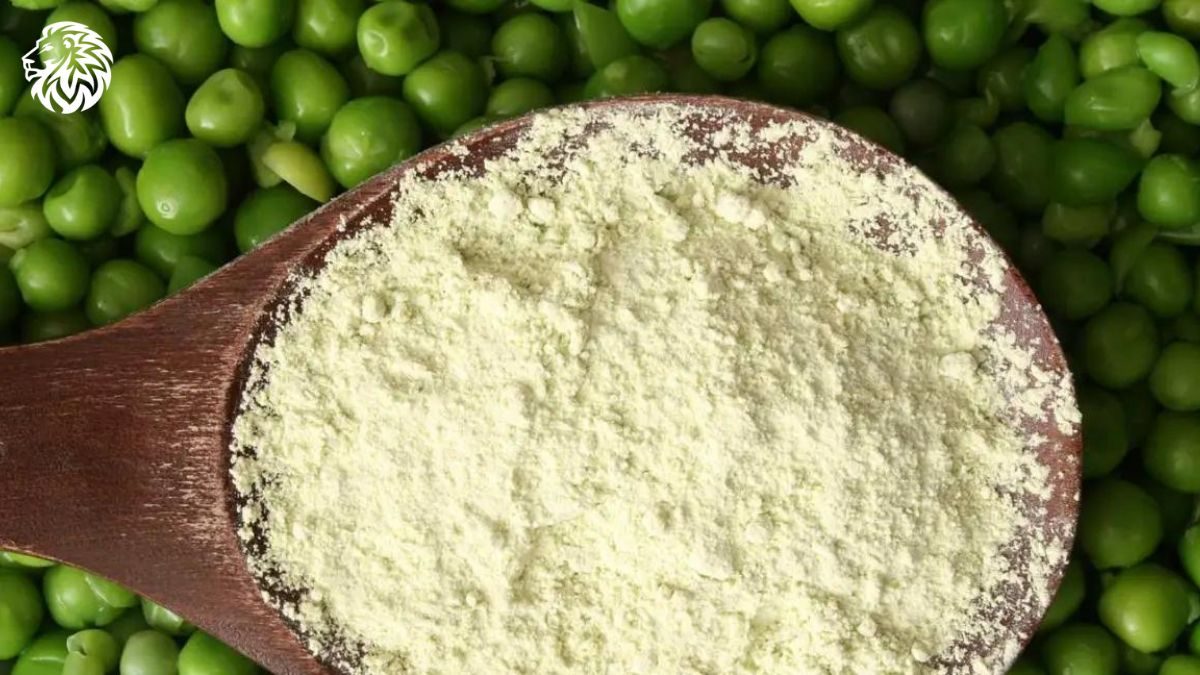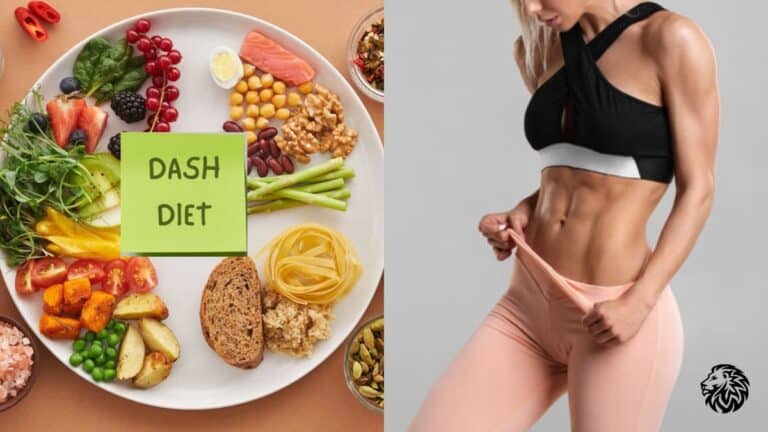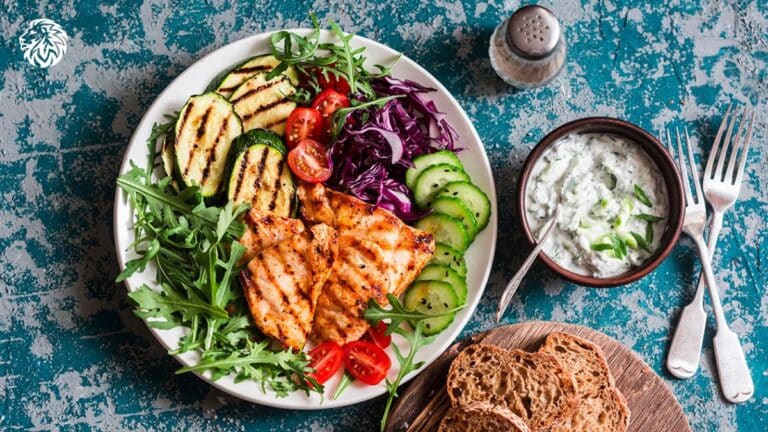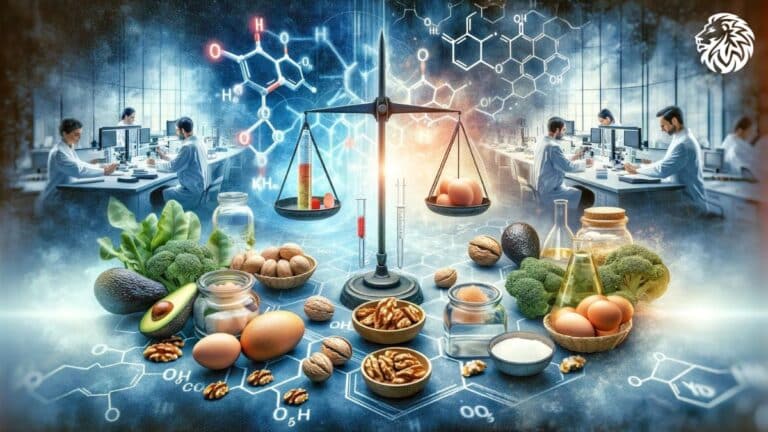It’s no secret that protein is crucial for muscle growth and repair, and the worlds of fitness and nutrition are both constantly changing. While traditional sources like chicken, fish, and whey protein have dominated the market, there is a growing interest in alternative proteins for muscle growth. These lesser-known options can offer unique benefits and appeal to a wider range of dietary preferences.
In this article, we will uncover four alternative proteins for muscle growth, delving into their sources, benefits, and how to incorporate them into your diet. By the end of this read, you’ll be equipped with new knowledge to help you reach your fitness goals, no matter your dietary restrictions or preferences.
Key Takeaways
- Embrace the plant-based powerhouse of pea protein: A hypoallergenic, sustainable option packed with essential amino acids and BCAAs, supporting muscle growth and recovery.
- Harness the nutrient-dense superfood spirulina: A highly bioavailable, iron-rich protein source with antioxidant properties, promoting muscle function and protecting cells during intense workouts.
- Explore the sustainable choice of cricket protein: An eco-friendly, complete protein boasting essential nutrients like vitamin B12, iron, and zinc, ideal for muscle growth and recovery.
- Discover collagen’s impact beyond skin health: A versatile protein supporting joint health, muscle recovery, and skin elasticity, making it a valuable addition to an athlete’s diet.
1. Pea Protein: The Plant Powerhouse
What is pea protein?
Pea protein is a plant-based protein derived from yellow split peas. It’s a complete protein, containing all nine essential amino acids that the body requires for muscle growth and repair.
Benefits of pea protein
- Hypoallergenic: Suitable for individuals with allergies to dairy, soy, or gluten.
- High in branched-chain amino acids (BCAAs): Supports muscle recovery and growth.
- Sustainable: A more environmentally friendly option compared to animal-derived proteins.
How to incorporate pea protein into your diet
- Pea protein powder: Mix into smoothies or shakes.
- Pea protein bars: Great for a convenient, on-the-go snack.
- Vegan protein blends: Look for blends that include pea protein along with other plant-based proteins.
2. Spirulina: A Nutrient-Dense Superfood
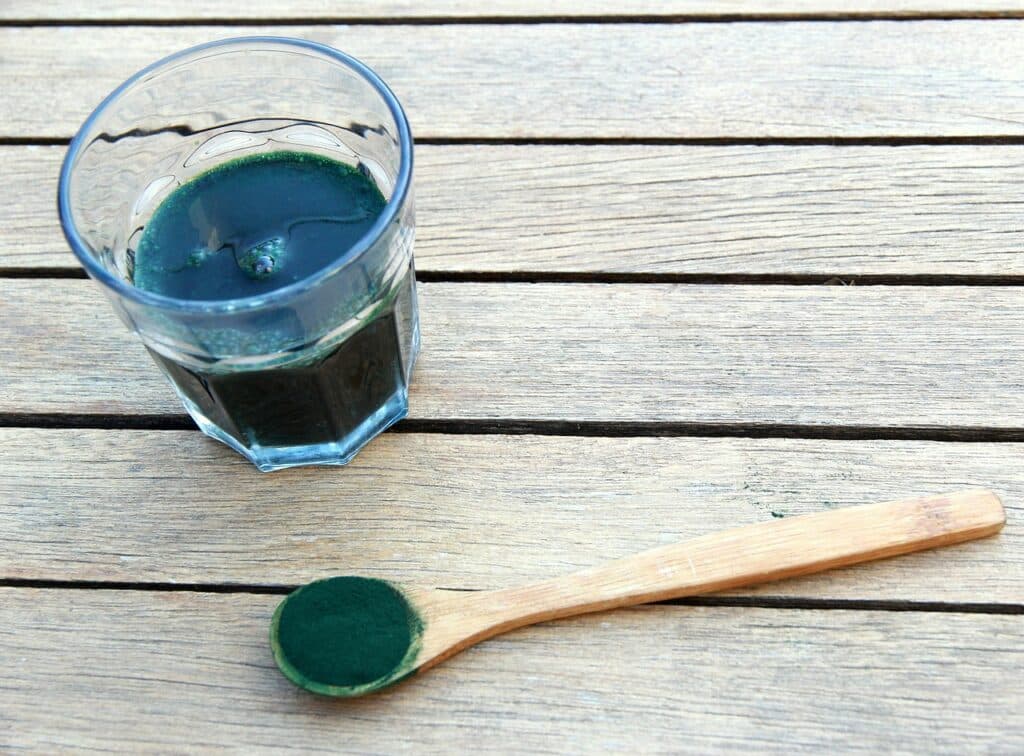
What is spirulina?
Spirulina is a blue-green algae rich in protein, vitamins, minerals, and antioxidants. It’s an excellent source of plant-based protein, boasting a 60-70% protein content by weight.
Benefits of spirulina
- Highly bioavailable: Easily absorbed by the body for maximum benefits.
- Rich in iron: Supports oxygen transportation, essential for muscle function.
- Antioxidant properties: Helps protect cells from oxidative stress during intense workouts.
How to incorporate spirulina into your diet
- Spirulina powder: Mix into smoothies, shakes, or yogurt.
- Spirulina tablets: Easy to consume for those who don’t enjoy the taste of spirulina.
- Spirulina-infused snacks: Look for energy bars or protein balls containing spirulina.
3. Cricket Protein: The Sustainable Choice
What is spirulina?
Cricket protein is an animal-derived protein sourced from crickets. It’s a complete protein containing all essential amino acids and is more sustainable than traditional livestock farming.
Benefits of cricket protein
- High in BCAAs: Supports muscle growth and recovery.
- Rich in vitamins and minerals: Contains essential nutrients like vitamin B12, iron, and zinc.
- Eco-friendly: Requires less land, water, and food resources than traditional protein sources.
How to incorporate cricket protein into your diet
- Cricket protein powder: Mix into smoothies, shakes, or baked goods.
- Cricket protein bars: A convenient and nutrient-dense snack option.
- Whole roasted crickets: Whole roasted crickets: A crunchy, protein-packed snack that can be eaten on their own or added to dishes like salads and trail mix.
4. Collagen: More Than Just Skin Deep
What is collagen?
Collagen, a vital protein found abundantly in our bodies, plays a crucial role in maintaining the structural integrity of our skin, bones, tendons, and connective tissues. Boasting immense strength and flexibility, collagen fibers act as the building blocks for these tissues, ensuring their resilience and stability.
In the process of collagen synthesis, our bodies meticulously produce and assemble amino acids, creating a triple helix structure. This intricate design enables collagen to withstand the physical stresses that our bodies experience daily.
Benefits of collagen
- Supports joint health: Helps maintain cartilage and joint integrity, important for athletes and active individuals.
- Aids muscle recovery: Contains amino acids like glycine, which may support muscle repair and growth.
- Promotes skin elasticity: Can improve overall skin health, providing additional aesthetic benefits.
How to incorporate collagen into your diet
- Collagen powder: Easily mixes into hot or cold beverages, such as coffee, tea, or smoothies.
- Collagen supplements: Available in capsule or tablet form for easy consumption.
- Bone broth: A natural source of collagen that can be consumed as a warm beverage or used in recipes.
Conclusion
As the fitness and nutrition landscape continues to evolve, alternative proteins for muscle growth are gaining popularity for their unique benefits and compatibility with various dietary preferences. You can maximize your protein intake and support your journey to muscle growth and recovery by including pea protein, spirulina, cricket protein, or collagen in your diet. Never forget to speak with a medical professional before making significant changes to your diet and exercise routine.
Frequently Asked Questions
Can I combine different alternative proteins in my diet?
Yes, combining different alternative proteins can provide a more diverse range of nutrients and amino acids, promoting overall health and muscle growth.
Are alternative proteins suitable for vegetarians and vegans?
Pea protein and spirulina are excellent plant-based options for vegetarians and vegans. Cricket protein and collagen are animal-derived and not suitable for those following a vegetarian or vegan diet.
How much protein do I need for muscle growth?
Protein needs vary based on factors like age, gender, activity level, and goals. Aim for 1.2–2.2 grams of protein per kilogram of body weight each day for muscle growth as a general rule.
Can I rely solely on alternative proteins for my protein needs?
While alternative proteins can be excellent sources of protein, it’s essential to maintain a balanced diet that includes a variety of protein sources to ensure you’re receiving a complete range of nutrients.
Are there any side effects of consuming alternative proteins?
Most alternative proteins are safe and well-tolerated. However, it’s essential to pay attention to your body and consult a healthcare professional if you experience any adverse reactions.
